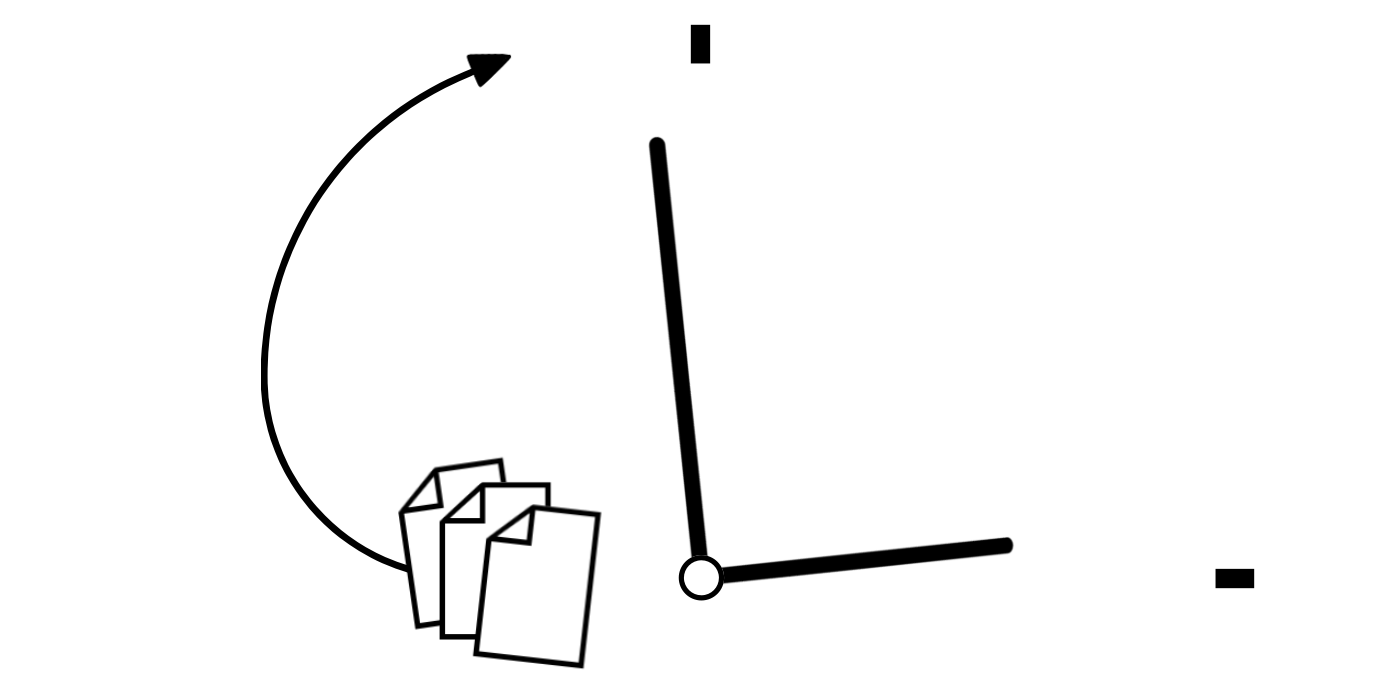Timeline System

English Content
Learn the origins and how to use the Timeline System by reviewing my blog posts, videos, and white paper in English.
Conteúdo em Português
Compreenda as origens e como usar o Timeline System através dos meus artigos no blog, vídeos e o white paper em português.